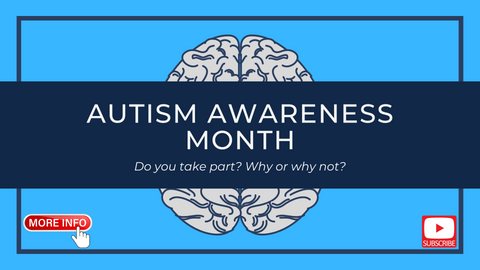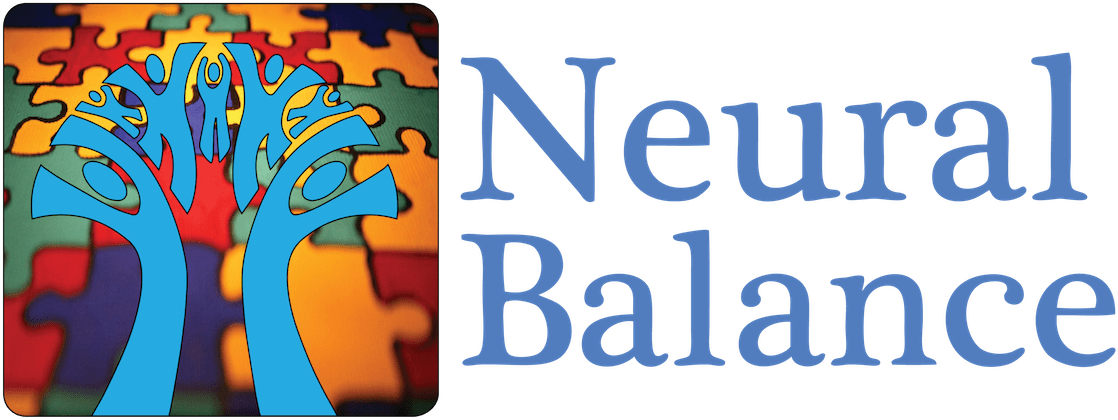
April marks Autism Awareness Month, a time dedicated to increasing awareness and understanding of autism.
While the intention behind Autism Awareness Month is positive, aiming to foster acceptance and support, it has sparked diverse reactions within the community.
Many people and organizations see Autism Awareness Month as a crucial opportunity to shine a light on the challenges and triumphs of individuals with autism.
It's a time for advocacy groups to push for policies that support individuals with autism, for educators to seek better training and resources, and for communities to embrace inclusivity. Families often feel a sense of solidarity and visibility during this month, as public interest can lead to better support networks and more resources for individuals with autism and their caregivers.
Autism Awareness Month is a time when stories of individuals with autism are shared, celebrating their achievements and acknowledging their struggles, which can be empowering and inspiring for others.
However, not everyone views Autism Awareness Month positively. Some critics argue that the focus on awareness alone is insufficient, and that the month sometimes perpetuates stereotypes or oversimplifications of autism. They advocate for shifting the focus from mere awareness to acceptance and action. This perspective emphasizes understanding autism not just as a set of challenges to be overcome but as a difference to be embraced and accommodated.
There's also concern that Autism Awareness Month can sometimes center more on the voices of caregivers and organizations rather than on those of individuals with autism themselves. People with autism advocating for neurodiversity argue that their voices should be at the forefront, shaping the narratives and priorities of the campaigns and initiatives that concern them.
A Path Forward?
Despite these differing views, there's common ground in the desire to improve the lives of individuals with autism. The more people know about autism, even just a little, the more patience and kindness they can extend to families and individuals affected by it. Awareness is the first step toward acceptance and understanding. It opens doors to conversations about how society can adapt to be more inclusive and supportive of neurodiversity.
Autism Awareness Month can be a catalyst for positive change, but it should be approached with a mindset that seeks to listen to and amplify the voices of individuals with autism. By focusing on acceptance and actionable support, we can move beyond awareness to create a more understanding and inclusive world for everyone affected by autism.
So, while Autism Awareness Month may have its critics, its core aim of spreading knowledge and fostering a more inclusive society is vital. It reminds us that understanding and empathy are key to supporting individuals with autism and their families, paving the way for a world where everyone is valued for their unique contributions. Through awareness, we can combat impatience and cruelty, replacing them with acceptance and support, and ultimately, making our communities stronger and more compassionate for all.
Get the best price on Neural Balance capsules or drink powder. SAVE NOW
